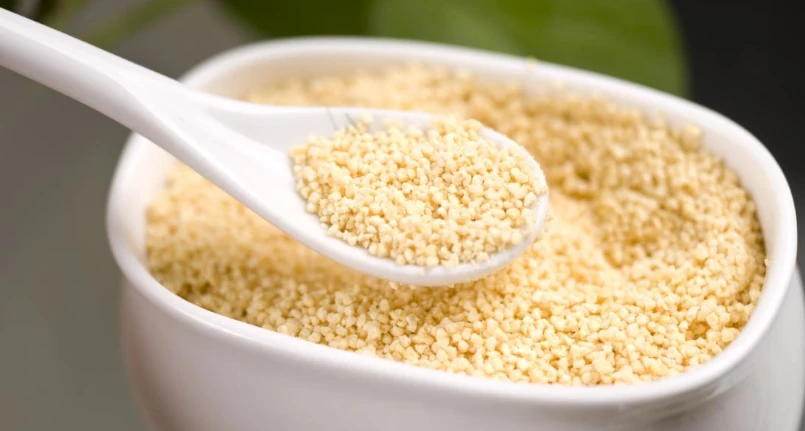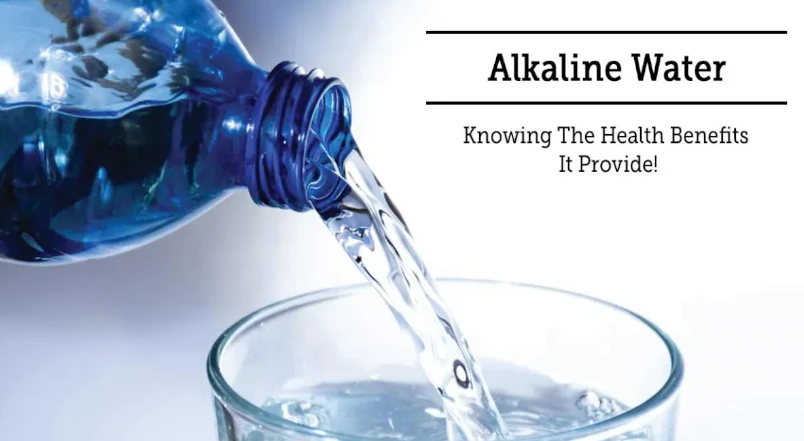Powdered lecithin is a food supplement whose use is useful for health purposes but not for sports or physical culture . The supplementation with lecithin powder was conceived to reduce the intestinal absorption of cholesterol (an intervention necessary to fight the lipidic metabolic disorders caused by this steroid molecule).
Lecithin powder is a dietary supplement
Lecithin powder meets all the fundamental criteria to be defined as a dietary supplement; it is an over-the-counter product which increases the nutritional intake of one or more useful or essential molecules (if associated with vitamins and minerals ), if deficient in the diet or simply useful to the body . Powdered lecithin has no side effects and, if taken in conditions of hypercholesterolemia , improves the state of health.
What is Lecithin?
Lecithin is a phospholipid , i.e. a molecule that has chemical affinity for both lipids and water; thanks to this characteristic, lecithin is a powerful EMULSIFIER which, inside the intestinal lumen, binds cholesterol and hinders its absorption.
In our body, lecithin performs two very important functions:
- It is the main component of the cell membrane
- It is a synthetic substrate for the liver enzyme Lecithin Cholesterol Acyl Transferase (LCAT)
NB. LCAT determines the esterification of cholesterol and therefore favors its distribution to the tissues; moreover, it facilitates its uptake by the HDLs which carry out the ” reverse transport of cholesterol ” promoting its elimination with the bile , therefore with the faeces .
Why – when – how to take lecithin powder
As can be seen from the previous paragraph, lecithin powder is a supplement useful for reducing cholesterol levels ; this property derives both from its ability to bind dietary (and biliary !!!) cholesterol in the intestinal lumen, reducing its absorption, and from the increased synthesis of hepatic LCAT, an enzyme essential to the ” reverse metabolism of cholesterol”.
Taking lecithin powder is useful (therefore recommended) if blood cholesterol levels deviate too much from the norm; let us briefly recall that for healthy people the normal limits are roughly:
- Total cholesterol : 200-220mg/dl (desirable values below this threshold )
- HDL: female 50mg/dl; Male HDL < 40mg/dl (desirable values HIGHER than this threshold)
- LDL : 130mg/dl (desirable values lower than this threshold)
It should also be remembered that, especially in the presence of other risk factors for vascular disease ( atherosclerosis with coronary infarction or cerebral stroke ) , the aforementioned limits can also be significantly corrected. In particular, the following are MODIFIABLE and aggravating risk factors for hypercholesterolemia : cigarette smoke , hypertension , obesity , physical inactivity and diabetes mellitus .
Of course, lecithin powder isn’t the only dietary source of this phospholipid; it is naturally contained in foods of vegetable origin ( soy and legumes , whole grains ), but also in those of animal origin ( egg yolk [from which it was extracted for the first time in 1850] and meat ); however, its dietary intake is higher and more effective if legumes and cereals are preferred over animal food sources. This is due to the fact that by binding fatsand cholesterol, the lecithin contained in foods of animal origin could already be saturated or in any case not sufficient to significantly impede the absorption of most of the steroid contained in them… moreover, take lecithin to fight cholesterol by eating foods that sometimes they are full of them … by logic, it does not seem like a particularly brilliant strategy! On the other hand, by regularly eating legumes and whole grains, in addition to promoting fiber intake which in turn fights fat absorption , it is possible to obtain a richer and more “pure” source of lecithin ( without cholesterol ). It is true that lecithin has the ability to bind to allvegetable lipids and phytosterols , however, their concentration is absolutely lower than that of foods of animal origin while the quantities of lecithin are absolutely higher.
Ultimately, if necessary or useful, how should lecithin powder be taken?
The lecithin powder must be taken in conjunction with the main meals, especially those with a good content of cholesterol or saturated fatty acids . The recommended EXOGENOUS daily ration ranges between 5 and 15g/day, possibly divided into 2 or 3 administrations (lunch-dinner or breakfast -lunch-dinner); powdered lecithin is also water-soluble, therefore it is advisable to dilute 1 full teaspoon (5g) or 1 full tablespoon (10g) for every 100-150 ml of water.
Lecithin supplement powder to buy online
Lecinova, soy lecithin
Lecinova soy lecithin is made with soy from non-GMO agriculture, for a natural and quality product that satisfies everyone. It does not contain gluten and can therefore also be consumed by people with celiac disease and by those who must or want to follow a gluten-free diet. Contains linoleic acid, i.e. Omega 6, a polyunsaturated fatty acid essential for the well-being of the organism
Lecithin Powder Special Ingredients
Powdered lecithin can be emulsified into a liquid using a blender. Recommended doses: 5-9 grams per 1 liter of liquid product.
LUCGEL Srl 1 kg Soy lecithin
Powdered food additive for food use. Soy lecithin powder is soluble in water. The package is 1 kg. It is an emulsifier and stabilizer, also used to soften chocolate.
Sosa Soy lecithin powder
Soy lecithin is a versatile ingredient that can aid in the blending of water and oils together. The package is 400 g.




